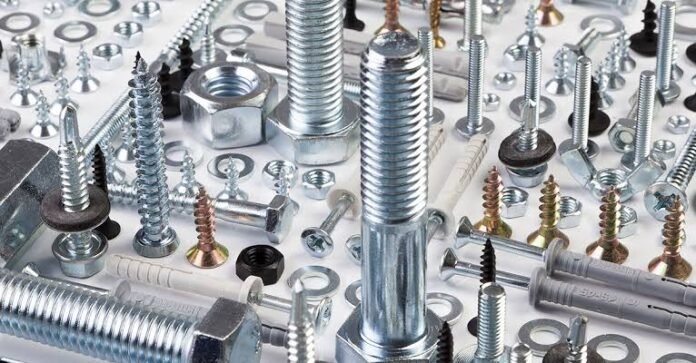Have you ever considered what keeps your car engine from shaking apart or why factory machines keep running hour after hour without failing? It’s not just good engineering — it’s the small, dependable parts that hold everything together. In mechanical systems, fasteners are more than just connectors; they’re critical to long-term performance and safety. Without strong, secure fastening, even the most advanced machinery can break down unexpectedly.
So how do these tiny fasteners make such a big difference in structural integrity? When building something that needs to last, every connection must be solid and reliable. Machine screws offer precision and durability that standard fasteners simply cannot match. Their fine threading ensures a tight fit, whether used with pre-tapped holes or matching nuts. This makes them ideal for metal-to-metal joints, electronic enclosures, and industrial equipment.
Tighter Fit for Stronger Joints
In mechanical assemblies, joint stability is essential for lasting function. Machine screws deliver this by offering a tighter, more controlled fit than other fastener types. Their uniform threading allows for full engagement with pre-threaded holes or mating nuts. This minimizes movement and prevents unwanted loosening over time.
Whether securing brackets, panels, or internal gears, these screws ensure each part stays exactly where it should be. Their blunt tip design also avoids damage to surrounding materials during installation. For engineers and builders, this level of precision is non-negotiable. The result is a stronger, more durable mechanical system.
Built to Resist Vibration and Stress
Mechanical equipment often operates under constant motion and force. Over time, vibrations can weaken poorly secured connections. Machine screws help prevent this by maintaining firm, stable joints. Their fine threads grip surfaces more effectively than coarse-threaded alternatives. This reduces slippage and minimizes wear at the connection point.
In environments like engines, pumps, or rotating equipment, this resistance is crucial. Choosing the correct length and material ensures optimal hold and durability. Using the wrong fastener could lead to early failure or costly repairs. For any mechanical build, reliability starts with the right screw choice.
Uniform Thread Engagement for Consistent Strength
One of the key features of machine screws is their precise thread pattern. Unlike self-tapping or wood screws, they’re made for consistent engagement. Each turn creates an even, steady hold that spreads pressure across the joint. This helps avoid stress points that could lead to cracking or fatigue over time.
In mechanical applications where load distribution matters, consistency is key. Components that shift or loosen can compromise the entire system. With machine screws, you get predictable performance that supports long-term function. Their design ensures smooth installation and dependable retention in demanding settings.
Perfect for Metal and Close-Fit Assemblies
Many mechanical projects involve joining metal components with little room for error. Machine screws are specifically engineered for these tight-fitting scenarios. Their accuracy allows for seamless assembly without damaging surrounding materials. Whether securing brackets, panels, or internal gears, they provide a clean, professional finish.
This makes them a top choice in automotive, aerospace, and manufacturing fields. Unlike bolts that require external wrenching, machine screws often work with internal drivers. This offers greater flexibility in confined spaces where access is limited. For professionals who demand precision, these fasteners deliver unmatched performance.
Material and Size Choices Matter
Selecting the proper machine screws goes beyond picking a fastener off the shelf. The size, thread pitch, and material all affect how well they perform. Stainless steel options resist corrosion in humid or outdoor conditions. Brass versions offer conductivity for electrical applications.
Metric or imperial sizing must align with your project’s specifications. Even minor mismatches can reduce effectiveness or cause damage. Taking time to choose correctly ensures long-lasting results. Your mechanical builds deserve the best support possible. Selecting the right fastener isn’t just about strength—it’s about precision, compatibility, and long-term performance.
Trusted by Professionals Across Industries
For those who build or maintain mechanical systems, reliability is everything. Machine screws have earned their place as go-to fasteners for a reason. Their precision, durability, and adaptability make them suitable for countless uses. From robotics to assembly lines, they offer the strength needed to keep operations running smoothly.
Professionals know that cutting corners on fasteners leads to bigger problems later. Investing in quality machine screws now prevents headaches down the road. They may be small, but their impact on mechanical performance is huge. Choosing reliable components from the start ensures smoother operations and fewer repairs over time.
Now that you understand how machine screws contribute to structural integrity in mechanical applications, it’s time to take action. Whether you’re repairing equipment or building from scratch, choosing the right fasteners ensures long-term success. Take a closer look at your current projects — are you using the best possible hardware? Make the switch to high-quality machine screws and experience the difference firsthand. Your mechanical builds will thank you.
